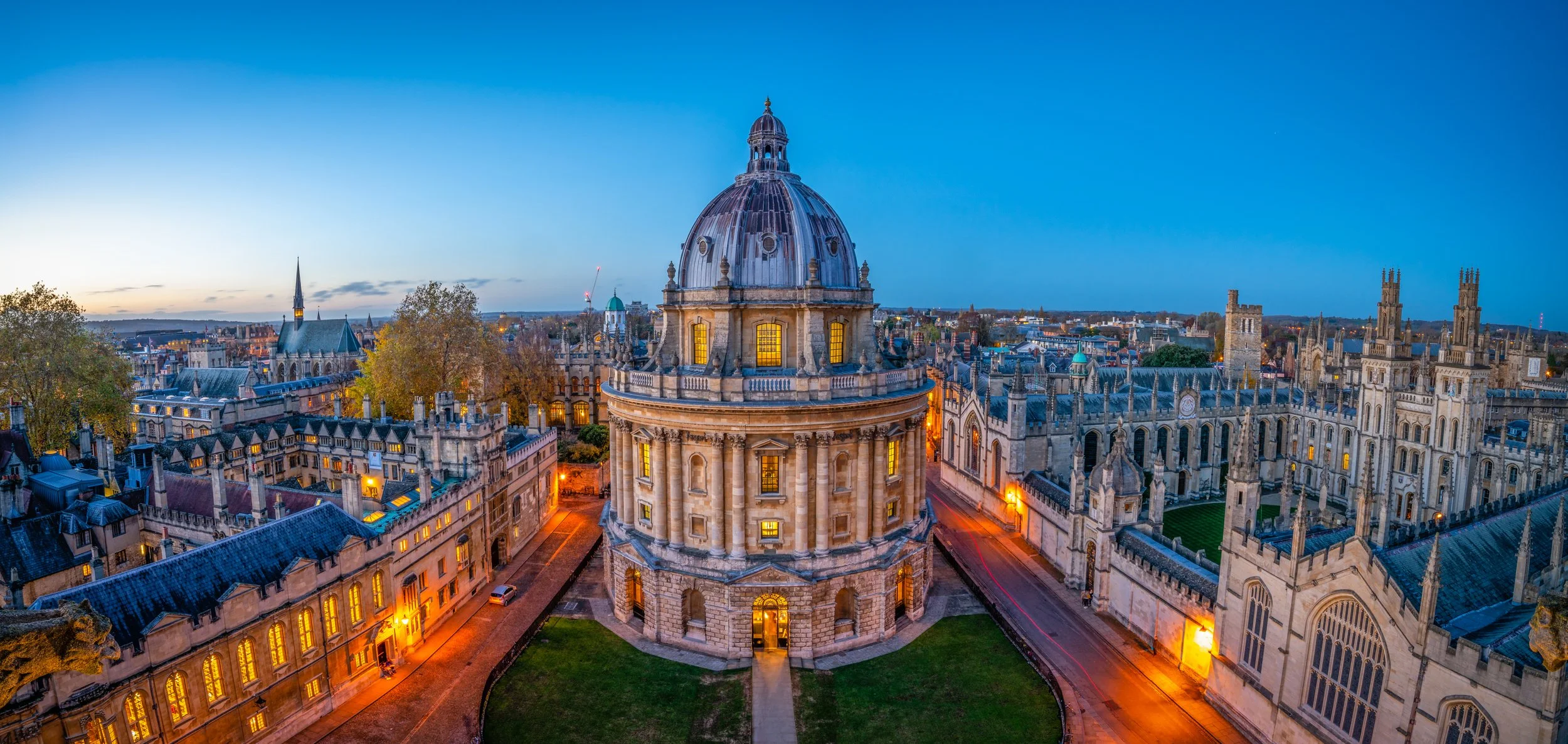Case Studies
Discover the breadth of our impact across services and scales.
Our case studies show how we support clients in tackling sustainability challenges through innovative, data-led solutions. They span our five core service areas—Net Zero, Resilience, Circular Economies, Ecosystems, and Social Sustainability—and demonstrate outcomes at every scale, from individual Buildings and Master Plans to entire Organisations, Portfolios, and Regions.
UKRI, aiming for net zero carbon emissions by 2040, commissioned 3ADAPT to review the UK carbon funding landscape to support decarbonisation projects. 3ADAPT analysed over 30 funding streams applicable to various project types, including renewables, low-carbon transport, and research infrastructure. The final report guides UKRI staff to suitable funding options, helping UKRI identify and leverage new opportunities to decarbonise and meet their sustainability goals across scope 1, 2, and 3 emissions.
3ADAPT assisted the National Lottery Heritage Fund (NLHF) in assessing emissions from its £250 million annual investment in the Heritage Sector. This involved creating a baseline carbon footprint for 2019/20 and establishing a decarbonisation pathway in line with the Science Based Target Initiative (SBTI). 3ADAPT analysed 50 representative projects and engaged with 12 organisations to understand carbon drivers, challenges, and opportunities. The project improved emissions modelling for projects and provided recommendations for incorporating emissions data into NLHF's funding process, supporting sector-wide decarbonisation effort
The National Centre for Atmospheric Science (NCAS), in collaboration with 3ADAPT, recently quantified its carbon footprint for the first time. This project established a carbon baseline, set emissions reduction targets, and developed decarbonisation pathways. With over 200 staff and specialized research facilities, NCAS required a tailored approach to measure its scope 1, 2, and 3 emissions. Decarbonisation scenarios explored options like alternative fuel for aircraft, wind tunnel efficiencies, and on-site renewables. A comprehensive strategy was developed to guide NCAS in achieving Net Zero while maintaining research capacity.
3ADAPT supported Historic Environment Scotland (HES) in reviewing and improving data on visitor travel emissions to assist in their Carbon Management Plan. By conducting interviews, workshops, and reviewing datasets, 3ADAPT provided recommendations for better data collection and estimating emissions, while also considering the unique challenges of HES's dispersed sites and encouraging sustainable travel.
The Exhibition Road Cultural Group (ERCG), comprising 23 leading cultural and educational organisations in South Kensington, partnered with 3ADAPT to advance sustainability across the neighbourhood. Through a collaborative programme, 3ADAPT developed a shared sustainability vision, goals, and a group carbon footprint report, supported by a PowerBI dashboard to track progress. This work included upskilling members, aligning procurement practices, and fostering cross-organisational collaboration. By establishing robust governance and tools, the South Ken ZEN+ initiative empowers ERCG members to accelerate decarbonisation and achieve a Zero Emissions Nature Positive future.
3ADAPT has been working with Oxford University’s Gardens, Libraries, and Museums (GLAM) to develop a carbon baseline across scopes 1, 2, and 3, explore net zero targets, and create a decarbonisation strategy. The project spanned three phases, starting with the Ashmolean Museum and expanding to other GLAM departments. 3ADAPT engaged over 40 stakeholders to quantify emissions across seven departments and 50 buildings, focusing on complex sources like visitor and object travel. Workshops and focus groups helped develop tailored decarbonisation plans for each department, outlining key actions for the next 1-2 years.
3ADAPT supported the Royal Botanical Gardens, Kew (RBG Kew) in decarbonising its procurement function, which accounts for about 50% of its carbon footprint, to help achieve its 2030 Climate Positive target. This involved a detailed analysis of procurement data, identification of key suppliers, and development of sustainable procurement practices. 3ADAPT created carbon-focused expectations for suppliers, designed interventions to gather sustainability data, and produced guidance for staff to embed sustainability into procurement policies and tender processes, aligning with RBG Kew's climate and social value goals.
3ADAPT created a carbon footprint assessment for the Museum of London (MoL), establishing a baseline for scope 1, 2, and 3 emissions across three sites, including one under construction. This involved collaboration with a number of stakeholders to explore relevant data sources and quantify emissions. Carbon reduction targets were explored in alignment with the Science Based Targets initiative, considering MoL's specific challenges, such as new museum construction and London's broader decarbonisation efforts. The next phase will focus on developing a comprehensive decarbonisation strategy for MoL’s operations and assets.
3ADAPT supported UKRI in conducting an evidence review of carbon offsetting to inform an update of their position statement. 3ADAPT reviewed carbon offsetting at various scales, assessed current UKRI-funded research, and identified areas requiring further research. They also explored alternative mechanisms like carbon pricing and climate contributions. The review included analysis of the voluntary carbon market, providers, and best practices, resulting in recommendations for UKRI to achieve its 2040 net zero target.
3ADAPT have been working with the Woodland Trust to develop a robust carbon baseline, building on their existing SECR reporting to cover scope 1, 2 and 3 emissions as well as removals, storage and emissions associated with their land. Geospatial data was used to create an interactive dashboard of the Woodland Trusts land holding. The work included exploration of methodologies for setting carbon reduction targets and the development of a comprehensive decarbonisation strategy covering both land and non-land emissions.











